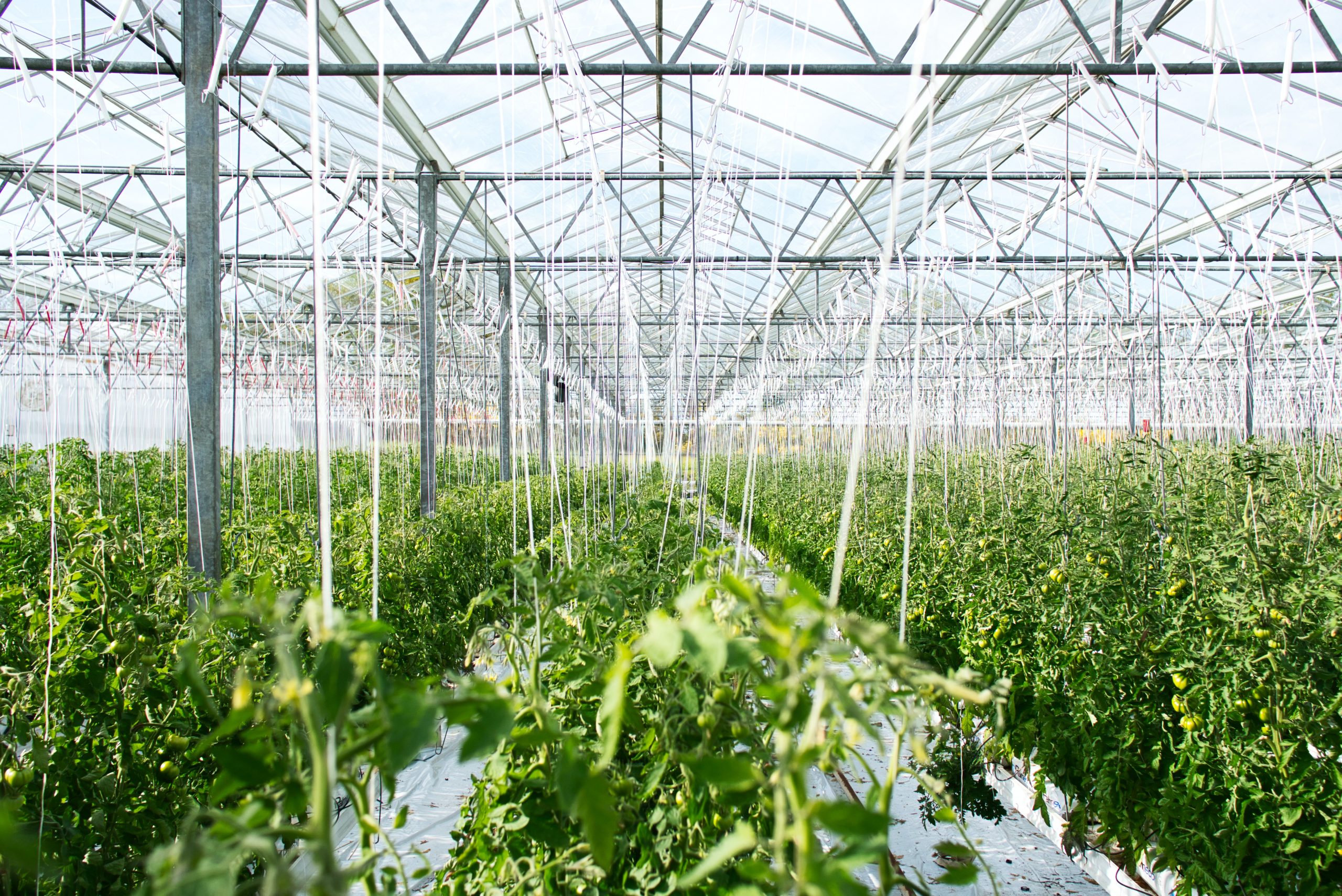Hotel Trends to Watch in 2024
As we move through 2024, it becomes increasingly clear that we are edging closer to a futuristic world where technology and sustainability redefine the traveler experience. With artificial intelligence, the implementation of robots and chatbots, augmented reality, and the unwavering consumer demand for sustainable practices and holistic wellness, the hotel industry will continue to grow, adapting to new guest expectations and approaches. Here's a sneak peek at the key hotel trends that will be in the spotlight. Personalized and contactless customer experience According to a report by Exploding Topics, 71% of travelers show a greater willingness to stay in hotels that offer self-service technology. Additionally, a 2020 study by Criton revealed that 80% of travelers prefer using an app for processes like check-in and check-out, room service requests, and communication with hotel staff. These data clearly indicate that guests value experiences that allow them to access personalized amenities and services efficiently and without physical contact. An initiative exemplifying this trend towards contactless experience is digital concierges. A notable case is Ivy, the digital concierge developed by GoMoment, present in hotels ranging from the Venetian Las Vegas to various Holiday Inns worldwide. Ivy has interacted with over 50 million guests, providing answers to questions, handling
The new era of luxury sustainability in hospitality
We have been discussing how 2023 is the year of sustainability across all sectors. However, this time, I am pleased to address a crucial aspect of this paradigm shift: sustainability in the hotel industry applied to luxury, which translates into the pursuit of a balance between exclusive comfort and environmental responsibility. That said, hotel sustainability is not a trend but a solid commitment to preserving the environment and the local community. Incorporating this concept into luxury goes beyond a mere "green" label and manifests in specific practices aimed at reducing the environmental and social impact of the hotel industry. Eco-Luxury stands as an example of industry progress, reflecting the increasing awareness among both hoteliers and travelers. The integration of sustainable practices in the luxury sector is not only appealing to environmentally conscious travelers but also contributes to preserving local traditions, supporting community livelihoods, and ensuring the conservation of natural resources for future generations. Growing trend and market data According to Facts and Factors, the global luxury hotel market was valued at approximately $95.11 billion in 2021 and is expected to reach $160.48 billion by 2028, with a compound annual growth rate (CAGR) of about 4.95% between 2022 and 2028. On the other hand, according to
Why the beverage industry continues to experience sustained growth and the key industry trends
The beverage industry, particularly the alcoholic beverages market, is maintaining steady growth, fueled by a range of factors influencing consumer preferences and emerging trends. In this context, I am pleased to examine why the beverage industry continues to thrive, taking into consideration some of the trends shaping the sector. The market for alcoholic beverages is astonishing in its magnitude. According to Statista data, revenues in the alcoholic beverages market reached an impressive figure of $1,609.00 billion in 2023, and it is projected to experience annual growth of 5.42% until 2027. An interesting highlight from the report is that the largest market segment is that of beer, representing a market volume of $610.00 billion in 2023. Consumer preferences play a pivotal role in this growth. According to data presented in the report, the demand for unique and premium alcoholic beverages is consistently rising globally, with consumers willing to invest more in high-quality products that offer distinctive flavors and experiences. This has led to an increase in the demand for craft beers and artisanal spirits, as well as limited-production wines, demonstrating that consumer palates' sophistication has also boosted the popularity of premium alcoholic beverages. According to the Distilled Spirits Council of the United States, in
Recycling, waste management, and other initiatives for a more sustainable hotel industry
The hospitality industry is one of the largest and most prosperous in the world, generating approximately $7.7 trillion in global revenue in 2022. However, it is also one of the most polluting. A study published in Nature Climate Change estimates that the hospitality industry is responsible for 8% of global greenhouse gas emissions, while data from the World Tourism Organization (UNWTO) predicts that CO2 emissions from tourism will increase by at least 25% by 2030. Given the challenge posed by climate change and the responsibility that falls on renowned corporations and brands, it is my pleasure to address in this article the actions that major hotel chains are taking to reduce their environmental footprint. One of the primary sources of pollution in the hospitality industry is waste. Hotels, restaurants, and other tourism businesses generate significant amounts of waste, including paper, plastic, glass, and metal. This waste can have a detrimental impact on the environment, contributing to climate change, air and water pollution, and biodiversity loss. In this regard, in recent years the hospitality industry has begun to take measures to mitigate its environmental footprint, with a key strategy being recycling. A significant example is the commitment of the Hilton hotel chain, known for
Plastic Reduction: companies leading the way towards plastic usage reduction
It is no secret that the issue of plastic has become one of the most pressing challenges for our planet today. The massive production and indiscriminate use of plastics have had a devastating impact on our ecosystems, threatening marine life, contaminating water, and affecting our health. However, amidst this concerning reality, there is a ray of hope. In the face of this challenge, many companies have decided to take bold measures to reduce their dependence on plastic and find sustainable alternatives to maintain their business success. Let's take a look at some of these pioneering companies and the solutions they are implementing to address this crisis. Patagonia: Towards a Circular Economy The renowned outdoor clothing brand, Patagonia, has long been a benchmark for sustainability and environmental responsibility. Founded in 1973 by Yvon Chouinard, their focus on a circular economy has been a cornerstone of their strategy to reduce plastic usage. They have implemented a clothing recycling program where customers can return used garments for reuse or recycling into new products. Additionally, the company has significantly reduced plastic packaging for their products and opted for recycled and biodegradable materials whenever possible. Undoubtedly, Patagonia's initiative not only promotes a significant reduction of plastic in their supply
The next steps in sustainable gastronomy
Sustainable gastronomy has for years been a topic of interest to chefs, restaurants and diners alike. The idea of cooking and eating fresh, local and environmentally friendly food has become a trend all over the world. But, what are the next steps in sustainable gastronomy? How can we keep moving towards a greener and healthier future? One of the emerging trends in gastronomy of this type is the use of little-known or traditional ingredients. Many chefs are turning to products that were once considered waste or simply not used in the kitchen, such as cauliflower husks, broccoli stems or fish bones. These ingredients can provide unique flavors and also reduce food waste. Agriculture is another important topic that is gaining attention in this way of cooking. It is about chefs looking to work with local farmers who employ responsible practices, such as organic farming or regenerative agriculture. Similarly, single-use plastics are being replaced by more sustainable options, such as biodegradable or reusable packaging. Finally, innovation in food technology is also opening up new opportunities. From the creation of plant-based meats to the fermentation of foods, these innovations can help reduce the carbon footprint of the food industry and offer new flavor and texture options
Sustainability as the word of 2023
Showing yourself as a responsible company is a difficult task. However, it is profitable. For this 2023, the role of companies in the face of sustainability must consider and maintain a balance between social, environmental and development impacts. In a world that is constantly changing and companies are facing unprecedented challenges, big brands are forced to take responsible measures that support new parameters of sustainable development. Uncertainty about the future, the incorporation of new technologies and financial management are just some of the challenges that will shake the work and management model of companies. According to the Global Compact of the Spanish Network, these are some of the business trends that will mark 2023 in terms of sustainability. Digital transformation. Digital innovation and sustainability go hand in hand. For this year, processes are expected to be more automated and work management much more dynamic and flexible, improving human and production conditions. Sustainability in supply chains. Due to the need to establish resilience measures and manage possible risks from an economic, environmental and social perspective, supply chains have the responsibility of promoting and guaranteeing sustainability in the business process and showing transparency in the management model. . Sustainable financing. The green economy or sustainable economy establishes sustainable development criteria







